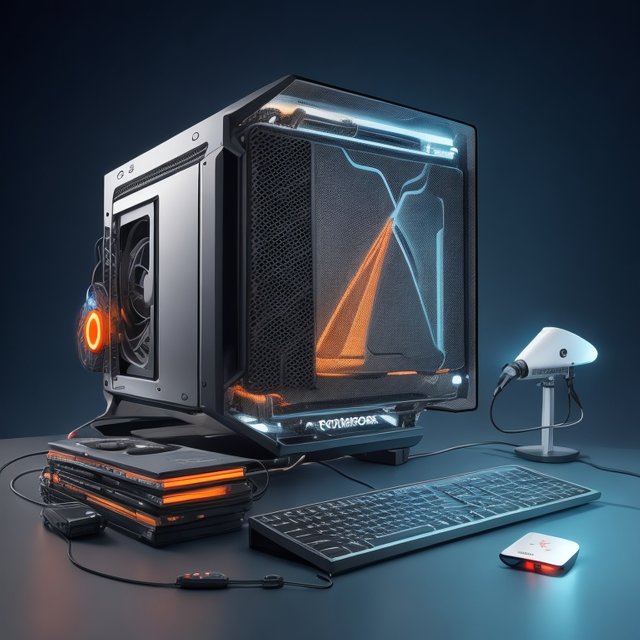For many, a new computer is just a shiny box with bright lights and whirring fans. It's a tool for Facebook, Netflix, and maybe the occasional email. But for others, it's a portal to a whole new world, a second chance at education, connection, and even a career.
Imagine being cut off from the digital age, adrift in a sea of information you can't access. Job applications are online forms, government services require digital signatures, and even basic communication happens on WhatsApp groups. For those without computer literacy, it's a wall of exclusion, a constant reminder of being left behind.
Then, a new computer arrives. It's not just a machine, it's a bridge. With tentative fingers, they explore the keyboard, the mouse, the glowing screen. Each click, each open window, is a small victory, a step towards a future that once seemed impossible.
Suddenly, the world opens up. Online courses become classrooms, YouTube tutorials turn into workshops, and social media groups become communities. They learn to connect with family overseas, to research health information, to even start their own small online businesses.
The impact is profound. Confidence blossoms where self-doubt once festered. A sense of control replaces helplessness. The once-passive receiver of information becomes an active participant, shaping their own destinies.
Stories abound. The single mother who used online learning to earn a nursing degree, the retiree who rediscovered his passion for photography through online communities, the young man who turned his love for video games into a career in game design.
These are not just anecdotes. They are testaments to the transformative power of knowledge, the democratizing force of technology. A new computer isn't just a tool, it's a key that unlocks doors, a seed that sows the potential for a brighter future.
But access is only the first step. Digital literacy is the fertilizer, the water, the sunlight that helps that seed flourish. We need programs that bridge the digital divide, that offer patient guidance and support. We need to break down the stigma, the fear of failure, that sometimes prevents people from even taking that first tentative click.
Investing in computer literacy isn't just about charity, it's about building a stronger, more inclusive society. It's about tapping into the potential of every individual, regardless of age, background, or circumstance. It's about closing the gap between the haves and have-nots, not just in technology, but in opportunity itself.
So next time you see a new computer sitting on someone's desk, don't just see a box of buttons. See a bridge, a seed, a second chance. And if you have the opportunity, help them cross that bridge, nurture that seed, and embrace the new world that awaits them. Because in the digital age, a new computer can be more than just a machine; it can be a new beginning.
